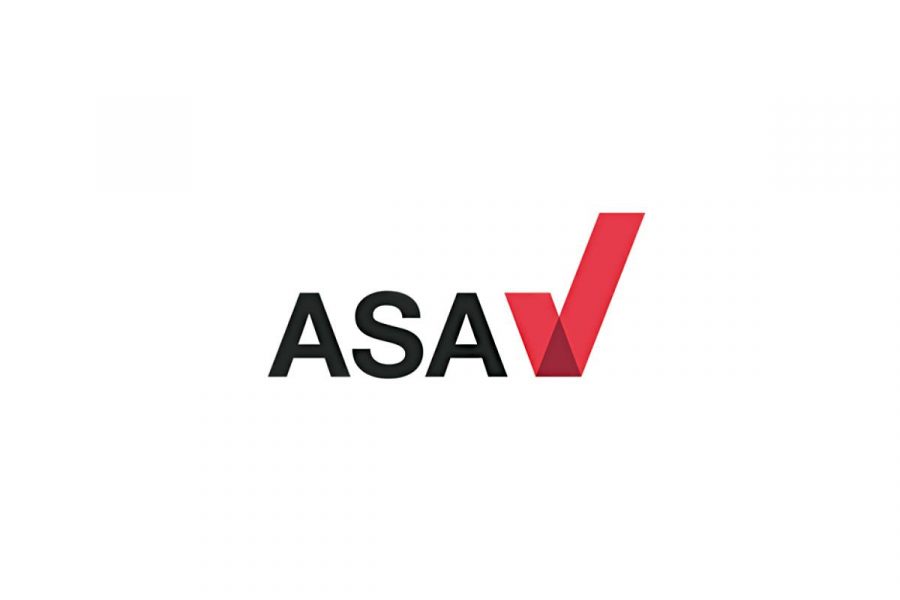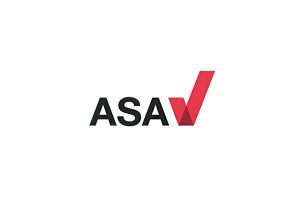UK watchdog upholds complaints against Lottoland ads

The ASA has found Lottoland’s ads to be misleading.
UK.- The Advertising Standards Authority (ASA) has upheld complaints against ads for Lottoland that appeared on the search engines Bing and Google. The complaints argued that the ads were misleading because Lottoland offers lottery betting but doesn’t run lotteries itself.
The ads in question read: “Lottoland Irish Lottery – Only £2 Here” and “Charity Combo for £2. Win-win charity Lotto + BRC Scratch 50% off. Support UK Charities Here.”
The ASA found that the use of the terms “Lotto”, “Irish Lottery” and “US Powerball Lotto” without further context could lead consumers to believe they were offering the opportunity to purchase official lottery tickets for actual draws. It found that the reference to UK charities in particular could reinforce the impression that Lottoland was an official lottery operator.
The regulator said that while Lottoland had agreed to make changes to its ads, there had been issues with third-party ad templates which did not reflect the amendments. It found Lottoland to have breached CAP Code rules 3.1 and 3.3 on misleading advertising and banned Lottoland from using the ads again in the same format.
The ASA told Lottoland to ensure future ads do not mislead consumers by failing to clarify that it offers betting on the outcome of lotteries rather than entry to the draws themselves. It must make references to betting on the lottery clear in all advertisements.
Earlier this month, the ASA warned licensed operators in Britain to be aware of new Committee for Advertising Practice (CAP) restrictions on gambling advertising, which came into force on October 1. The new restrictions include a ban on features that would have “strong appeal” to under-18s, including the use of top-level footballers and social media influencers.
The ASA warned that the ban applies to content “regardless of how it is viewed by adults”.
In June, the ASA warned gambling operators to ensure that content marketing on social media meets advertising rules. It said it had received questions about whether content marketing counts as marketing for the purposes of the CAP code. Its conclusion is that the “vast majority” does.











